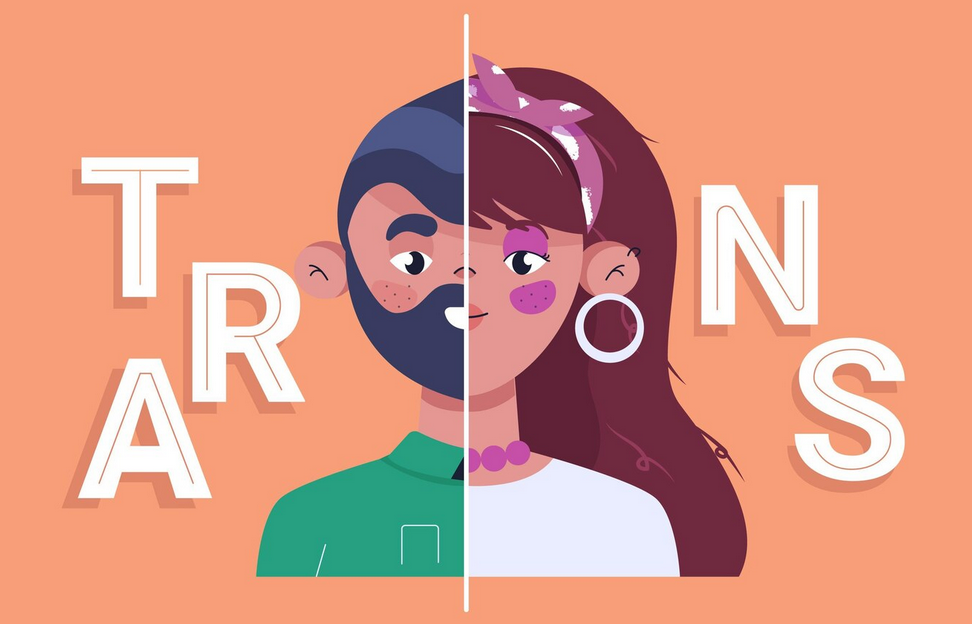Understanding gender surgery in India is not easy. We need to take a good look at how India views transgender rights and the surgery. This surgery changes a person’s physical body to match the gender they truly feel they are. Making this choice needs bravery and clear knowledge. This article will help us understand it better.
The Good to Knows
Contents
How India sees gender surgery is shaped by different beliefs across the country. In simple terms, this surgery helps people who consider themselves transgender, change from their birth gender to their chosen gender. Usually, hormone treatment is given too. The main aim is to let them show who they really are, which can make them feel good and live better.
India tries its best to help transgender people. In 2014, India’s Supreme Court said transgender people were a third gender, which helped protect their rights. But deciding to have this surgery is a serious thing, and people need to be ready in many ways – with their health, in their mind, and with how society looks at them.

The Legal Side
Times have changed and India’s laws now consider transgender rights. In 2014, there was a big change when the Supreme Court made them a third gender. This gave them the same rights as others, including picking their gender.
There have been more changes, like the Transgender Persons (Protection of Rights) Bill, 2019. This law wants to stop unfair treatment and hopes to make education, healthcare, and getting a job easier for transgender individuals. Although these laws don’t talk about the gender surgery directly, they protect the rights of those going through it.
Medical Checks
Before the surgery can happen, the person has to do a number of tests. These cover a full body check-up, hormone tests, and a look at their past health. The results help doctors know if the person can handle the surgery and the changes that follow.
The person must be at least 18 and should have lived as their chosen gender for one year before surgery. This ‘real-life experience’ is needed so they are certain it’s the right choice.
Taking care of oneself, before and after surgery, is very important too. The person is asked to eat properly, rest well, and not to smoke or drink. Post-surgery, they should also care for their surgical wounds and regularly see their doctor.

Mind Preparation and People’s Support
Preparing one’s mind is also very important. Counselling sessions help the person understand that surgery alone may not solve all the problems they face from society or in their mind. In India, believing in family and friends is important, and so their support is very important. If loved ones accept the person, it can make their mental health better.
Financial Considerations and Insurance Scope
The fiscal implications of gender reassessment surgery in India, despite being more economical than its Western counterparts, may present a hurdle for some due to fluctuating costs. The ultimate price tag is contingent upon numerous variables, including the nature of the procedure, the selection of hospital and surgeon, and the post-operative care required.
Insurance coverage substantially varies depending on individual providers and their respective policies. With some categorizing the operation as ‘cosmetic’, they forego the responsibility of financial coverage. However, a shift in regulations is being observed, prompting insurance firms to reconsider their stance on financing gender reassignment surgeries and correlated treatments.

Selecting the Surgeon
The successful outcome of this surgery is heavily dependent on the proficiency of the surgeon performing it. India is known to house an array of highly-skilled surgeons specializing in gender reassignment procedures. Evaluation of their qualifications, certifications, and hands-on expertise is paramount.
Insights provided by previous patients and case studies could shed light on the surgeon’s credentials. The chosen health professional should exhibit open and honest communication relating to the patient’s medical history and expectations from the surgery. Providing clear, empathetic advice is equally critical.

Embarking on the journey to gender reassessment in India is undeniably complex. It involves a series of emotionally taxing processes, medical examinations, legal prerequisites, societal prejudices, and self-evaluations for readiness. Understanding the surgical process, its associated risks, advantages, and one’s tolerance to societal pressures is mandatory. Identifying a competent surgeon and securing comprehensive medical and psychological support is equally vital. This endeavor undeniably requires courage and resilience, yet it paves the way for transformative life changes for the individual.

